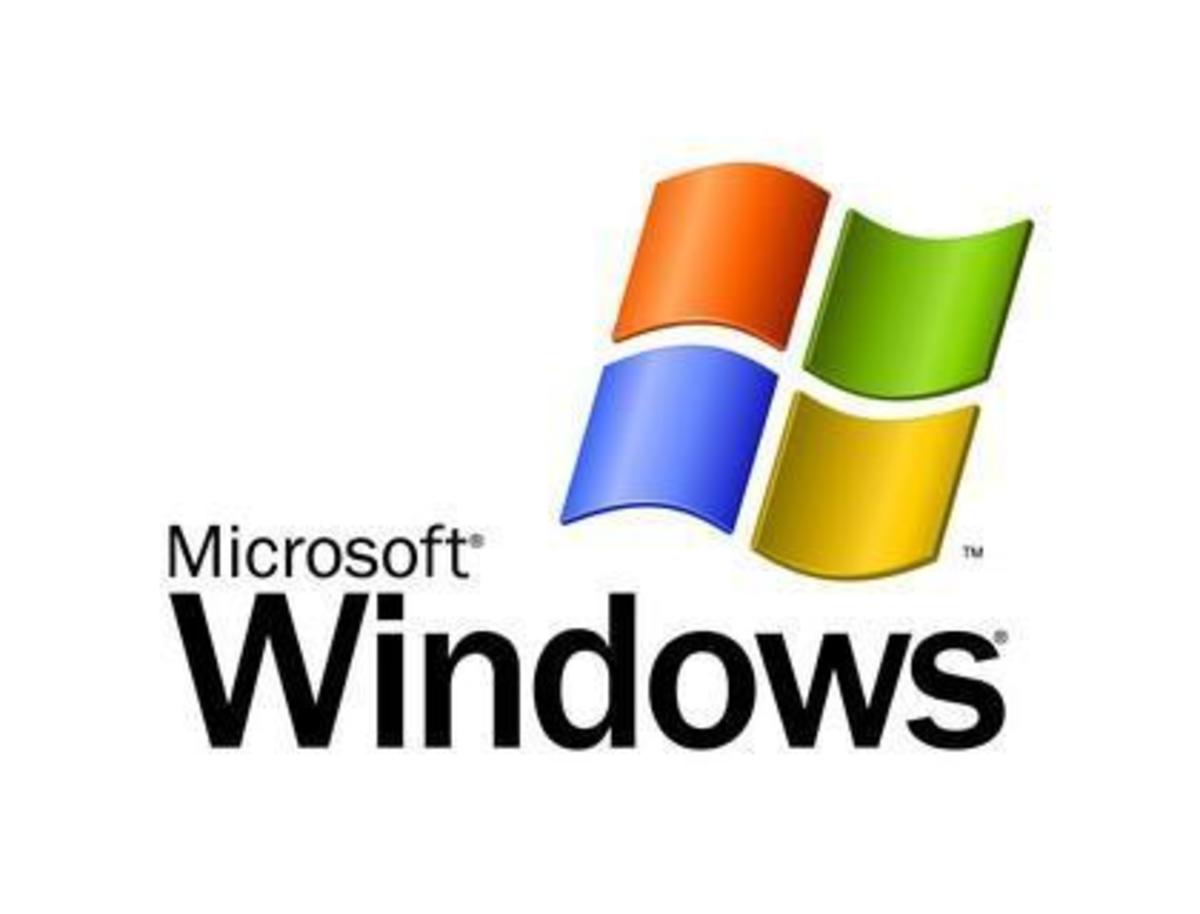- HubPages»
- Technology»
- Computers & Software»
- Operating Systems
Windows Hello – a new trend in computer security?
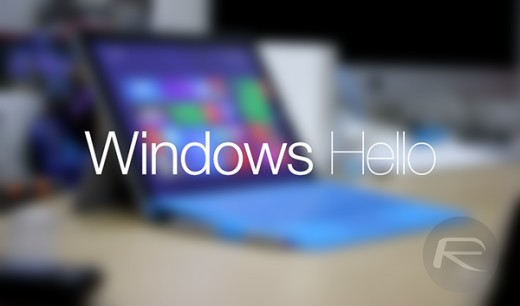
Windows seems to know everything about its user. It’s not just our personal data, passwords, holiday photos and emails. With the new release of Windows 10 be prepared to share a piece of you – fingerprint, your face or eye iris pattern.
Storing the passwords
Windows is making a big promise here – they will store your data and keep it safe. You won’t need to enter passwords anymore – they will be stored for you on your machine. Here is the question – can we trust Windows with our secrets? The issue has a comfort factor – it is indeed much more convenient to have them all remembered for you. But what happens when you need to use your friend’s device – will you still remember your password then? Apparently, making things more convenient may result in more serious security issues – people will forget their actual passwords and rush into changing them. Doesn’t sound too great, does it?
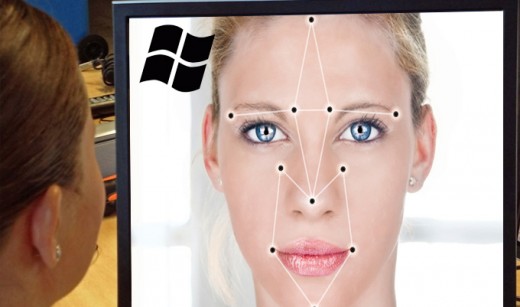
Why are passwords bad?
Well, firstly, they are stored on web servers, and these can be easily hacked. Far not everyone is keeping online databases secure enough to prevent hacker attacks. Secondly, people tend to choose easy passwords that can be easily remembered. What makes matter even worse is that same password is being used for multiple accounts. Crazy as it sounds, it will only take a few minutes for a hacker to know everything about you. Thirdly, even if you keep your password strong, there are easy ways to trick you into sharing your password. There are many ways, one of the easiest is probably just sending an email and asking to provide your password for security analysis or for other similar reason. Unbelievably many people would actually email back their current password without even thinking. Same goes for phone calls – once at work you get a phone call from someone calling themselves “local IT”. And there goes the company data. Just like that.
Microsoft will introduce the feature called “Passport” – it’s a system that will authorize access to sensitive information. Before logging in to your PC, you will have to go through validation process involving scanning your fingerprint, face or eye iris.
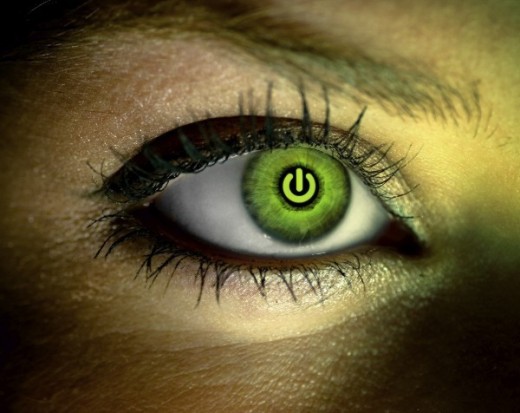
Technology
The technology used for Windows Hello is the same one used in Xbox Kinect – who has ever tried it knows how it can recognize person standing in front of camera. It will operate in different lighting conditions and make no difference if the person is with/without facial hair or makeup. Moreover, it will be able to distinguish between a real face and a photo. Some experts believe iris scanning won’t be massively used by average consumer as it is a costly add-on.

Getting access to web server won’t bring future hackers much as they will only gain access to public key – useless without the private key. In that sense it is an amazing solution with risks minimized dramatically.
Will it be available on all devices? Yes, Microsoft revealed that new technology will be made available on all Windows 10 devices. Higher level security will be provided for companies. Potential clients are all kind of enterprises – from government to financial and security companies.
Want to know more about smartphone security?
- Smartphone security
We trust our smartphones with our most precious information – personal pictures, text messages, and emails. But are they really worth our trust?
Say Hello to your new, protected PC
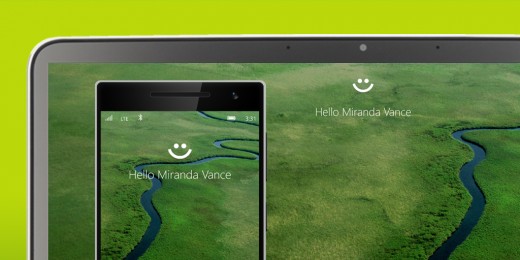
Verdict
In a way this technology reminds of science fiction films – secure underground labs protected by laser scanners. Windows promises that the new system will be compatible with laptops already featuring fingerprint readers. That’s great news.
But what about the ethical issues. What is going on here is basically that Microsoft is turning our bodies into walking passwords, so we can be scanned like products in the supermarket. All our activity will be tracked and saved somewhere (like it isn’t now?). Despite all the bonuses and comfort, are we actually fully understanding how this new technology is familiar with our deepest secrets? It’s well-known that using services like Google and Facebook nullifies our privacy. Some people still think they can turn tracking down but that’s naïve – big companies know everything about us.
Now despite all the obvious bonuses, one should be alert. And even though some users may feel happy and “protected”, one shouldn’t forget what’s actually hidden behind nice shiny cover.







